 My first question after kicking the bottle was: “Do the cravings ever go away? Does being sober ever get easier?”
My first question after kicking the bottle was: “Do the cravings ever go away? Does being sober ever get easier?”
I remember this point in time vividly. I found it impossible to feel good because my brain was constantly flooded with impulses that didn’t just say “maybe a drink?” but rather “DRINK NOW YOU IDIOT!!!” I desperately wanted someone to tell me that I would not feel this way forever.
Does Sobriety Get Easier?
I’m glad I held on to these vivid memories, because the people I turned to for answers seemed to have forgotten what it was like. In answer to my question, they told me things like, “Well, I still want to drink of course, and maybe someday I will, but I’ve decided not to drink today.”
I did not find this response compelling. I found it disheartening and disconnected from my pain. These were people who seemed to be comfortably sitting in their chairs. I was sweating, shaking, depressed, nauseous, and furious – all at the same time. If I felt even an ounce of this misery in ten years, I thought, there’s zero chance I’ll stay sober.
Fortunately, I decided at the time that because these people seemed to be inhabiting a completely different universe than me, their pain must have gotten much easier to deal with. To them, the idea of drinking was an abstract curiosity. To me, at the time, avoiding alcohol felt like holding my breath underwater.
I can now say to anyone in my former position: It absolutely gets easier. Today I have no desire to drink. Alcohol rarely enters my mind. How long does it take to reach this point? It takes as long as it takes for your brain to rewire itself. For me, it took about a year.
How Long After Stopping Drinking Do You Feel Better?
Accept that your perception of reality is distorted, and that time is the answer. Your reality is distorted because you have a brain disorder. The brain heals slowly, over time. Your task is to endure until you don’t even realize that you’re enduring anymore.
Psychologically, there are two keys to victory over cravings: acceptance and endurance.
Fill your time with valuable pursuits and productive pleasures. Whether you fill your time with meetings, as many people do, or with defining your life’s purpose and getting fit, as I did, is up to you.
The secret to enduring is focus. Focus means never allowing yourself to “just sit there.”
Focus is the solution to anxiety, and the key to endurance.
Meditate. Write in a journal. Plan a healthy meal – and then go buy the ingredients. Plan a workout routine – and then hit the gym. Don’t skimp on sleep. When you’re awake, be deliberate and stay focused. If you’re unfocused and not sure what you’re doing, you’ll naturally feel anxious. Embrace life-affirming activities to help pass the time. For me this meant hitting the gym.
Don’t Focus On Your Pain, Focus On Your Gain!
If you decide to get into shape, don’t think of it as a chore. “No pain no gain” doesn’t apply here. This is not about pain, only gain.
Push yourself slowly. If you’ve never had a gym routine, going a few times per week is a great start. As your brain begins to expect regular workouts as a release, you’ll feel compelled to work out slightly harder each time.
Think of the gym as a healthy escape. You go there to sweat and forget about everything on your mind, and you know you’ll feel amazing afterward. The knowledge that you’ll feel great afterward and that you’re doing something healthy can help you to relax – even before your workout.
Yesterday I woke up, drank half a pot of coffee, ate some steak and eggs, and went to the gym even though it was my day off. I now look forward to all of these activities – my morning coffee, eating good food, working out – at least as much as I used to look forward to drinking. This is a testament to the plasticity of the brain and the rewards of healthy substitution.
Once I got to the gym, I did 30 mins on the elliptical and only pushed to the point of a slow burn. I felt motivated and mentally sharp, and wanting to share this experience, I wrote down most of this article on the notes app in my phone. I then meditated in the sun for 30 mins and relaxed completely. Alcohol never once crossed my mind.
Two years ago, on a similar type of Saturday, I’d have hit the bottle instead of the gym and I’d be feeling artificially relaxed, uncomfortably bloated, mentally clouded, and unquenchably exhausted. People who haven’t experienced addiction don’t know this particular brand of tired.
Why on earth would I want to go back to that?
Victory Is Slow and Imperceptible
Yes, not drinking gets easier. If you admit that your perception of reality in early recovery is distorted, you’re on the right track. If you then endure by refusing to allow time for dangerous thoughts, you won’t even notice the time passing.
Don’t stress about the big picture. Take baby steps, and congratulate yourself on even your smallest successes. Keep yourself stimulated at all times.
If you stay focused, you’ll wake up one day and realize that you haven’t thought about alcohol in weeks.
If you stay focused, you won’t even notice when the cravings disappear.
But victory will be yours.
2021 Update
If you’ve gotten this far, you’ve just read one of the first articles I ever wrote on this website.
Since then, I’ve read dozens of books, listened to hundreds of podcasts, and totally immersed myself in the subject of alcoholism and recovery.
I’ve become a huge fan of nutritional and holistic approaches to addiction.
Not drinking – or, as I now like to say, teetotaling – is a piece of cake for me now. Nutrition, supplements, holistic methods, and fitness all infinitely enhanced the victory over alcoholism that I still enjoy.
But ultimately, when it comes to alcoholism, there is no one size fits all solution.
If one method doesn’t work for you, there is another one out there that will if you give it a chance.
The overarching theme of Fit Recovery is this: People deserve to be armed with knowledge rather than dogma.
Watch the video below to learn WAY more than I knew when I began my alcohol-freedom journey!
Also be sure to check out more recent articles about alternative methods for alcohol detox and recovery:
Author
-
Chris Scott founded Fit Recovery in 2014 to help people from around the world dominate alcohol dependence and rebuild their lives from scratch. A former investment banker, he recovered from alcohol dependence using cutting-edge methods that integrate nutrition, physiology, and behavioral change. Today, Chris is an Alcohol Recovery Coach and the creator of an online course called Total Alcohol Recovery 2.0.
View all posts


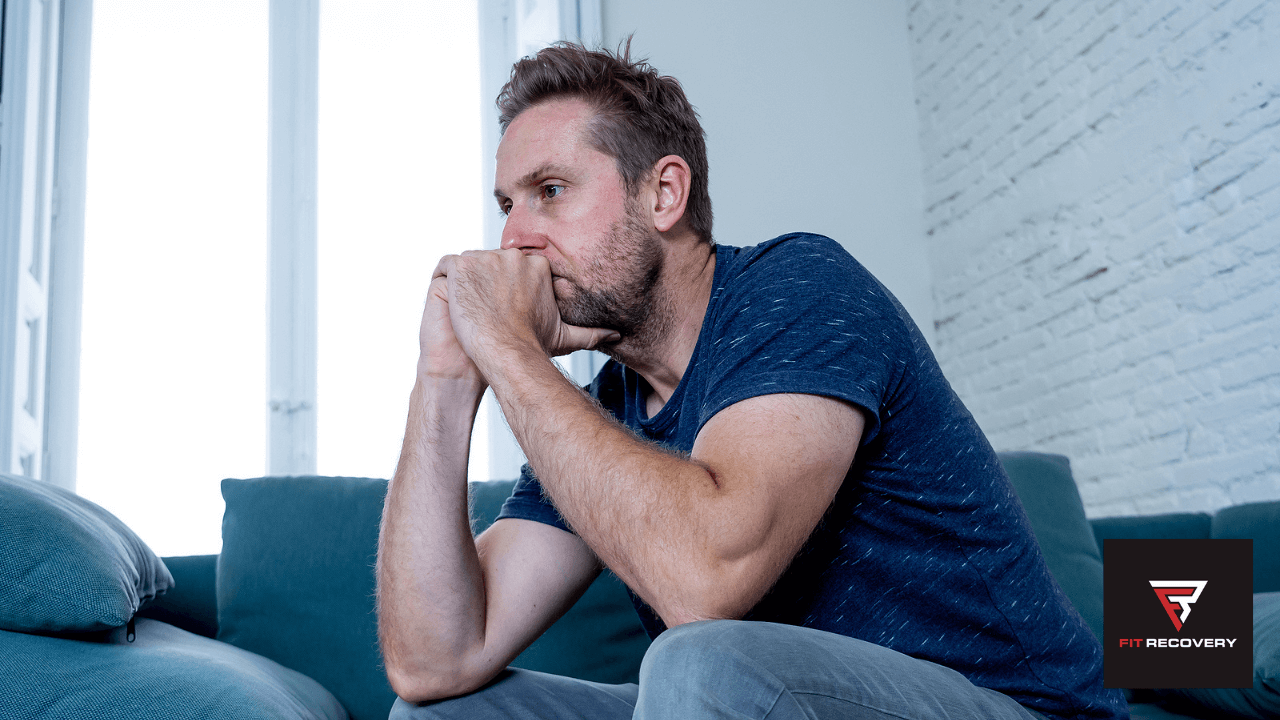

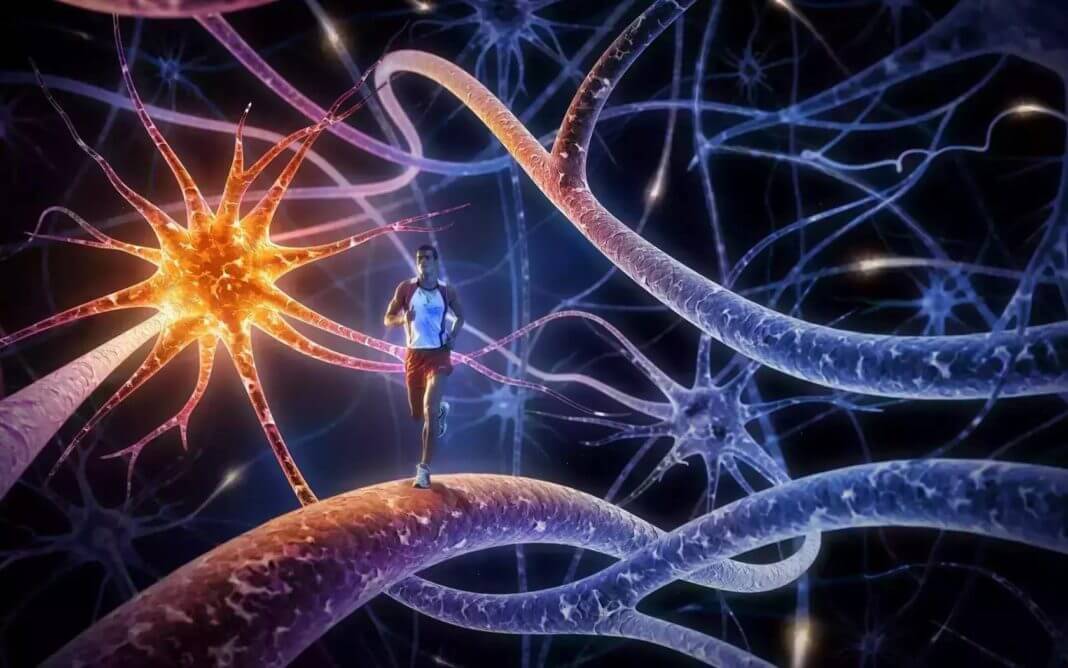


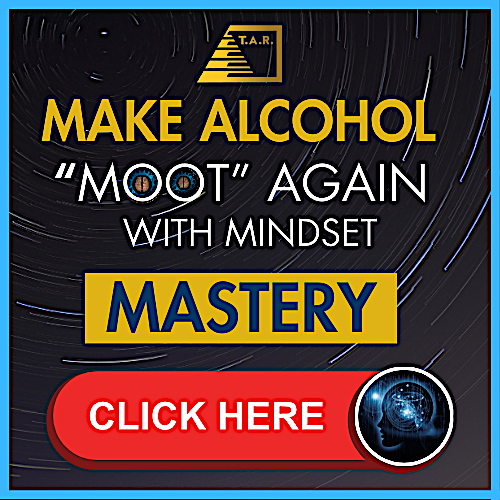
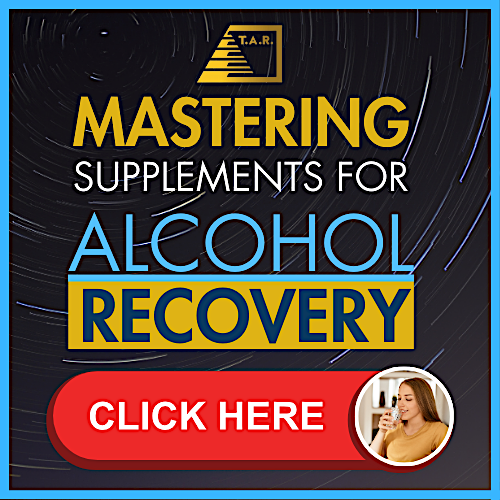
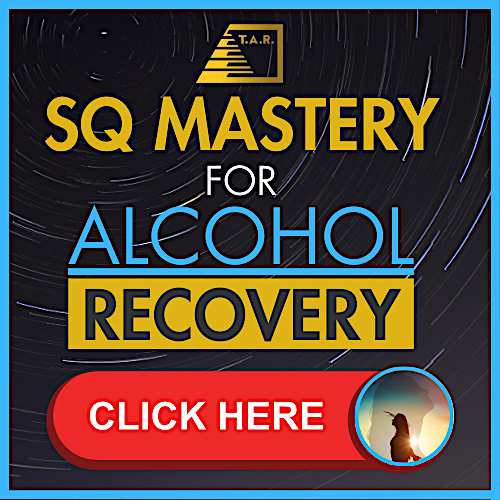


It never seems to get easier for me.
Great article, Chris! It really resonated with me and shares many of the ideas and feelings I’ve experienced over the last 7 months of my sobriety. Thanks !
Thanks Paul! Glad you enjoyed it, keep it up!
Thank you for publishing this. I have been struggling immensely. Much of the information I have come across blithely assures me that the first six weeks are often the hardest, whereas I’ve just about hit two months and the cravings have just hit a new intensity. I was close to giving up but this post may have saved me.
Thanks for sharing this Claire! You may be able to reduce cravings by using L-glutamine and other supplements discussed on this site.